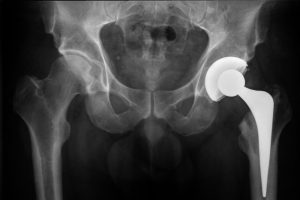
A Primer on Arthroplasty Surgery
Our hips and knees undergo a lot of stress throughout our lives. These joints absorb substantial force and weight when we walk, jump, and move.

Our hips and knees undergo a lot of stress throughout our lives. These joints absorb substantial force and weight when we walk, jump, and move.
Growing older comes with its own set of dangers and precautions that need to be taken to ensure that you avoid a variety of problems
Femoroacetabular impingement (FAI) is a medical condition in which the bones of the hip are shaped abnormally. It usually occurs in the hip joint and
Osteoarthritis is a degenerative disease that affects any joint in the body. One of the most common places is the hip due to the tremendous
Rheumatoid arthritis (RA) is not a selective disease. This indicates that RA can occur in any joint in the body, destroying it and causing pain
Total hip resurfacing arthroplasty is a surgical procedure with the intention of restoring the function of a hip for a patient suffering from degenerative joint
Medical technology is constantly evolving for the better. There are better and faster diagnostic equipments, robots to assist in surgery and safer anaesthesia techniques. With
Patients who are scheduled for a total hip replacement surgery will often have many questions about the procedure, and the most common being pain management.
Hip replacement surgery is not something that everyone needs. However due to certain medical conditions such as osteoarthritis, hip replacement surgery may be the only
The joint that connects our pelvis to our thigh is our hips and weak hips are often the cause of hip injuries. This is due
Our musculoskeletal system consists of the bones, ligaments, tendons and many more that allows us to move around. Disorders to the musculoskeletal will affect our
After seeing the wonders of Tiger Woods in the golfing world, many people are suddenly interested in the sport and it has seen a huge

Our clinic offers same day appointment, X-ray/MRI facilities, Insurance filing services and amenities like pharmacy store & wheelchair accessibility.
© Singapore SPORTS and Orthopaedic Clinic

